Wine Beginner's Guide: 5 Keys to Proper Wine Storage
By: actCoupons | July 30, 2025
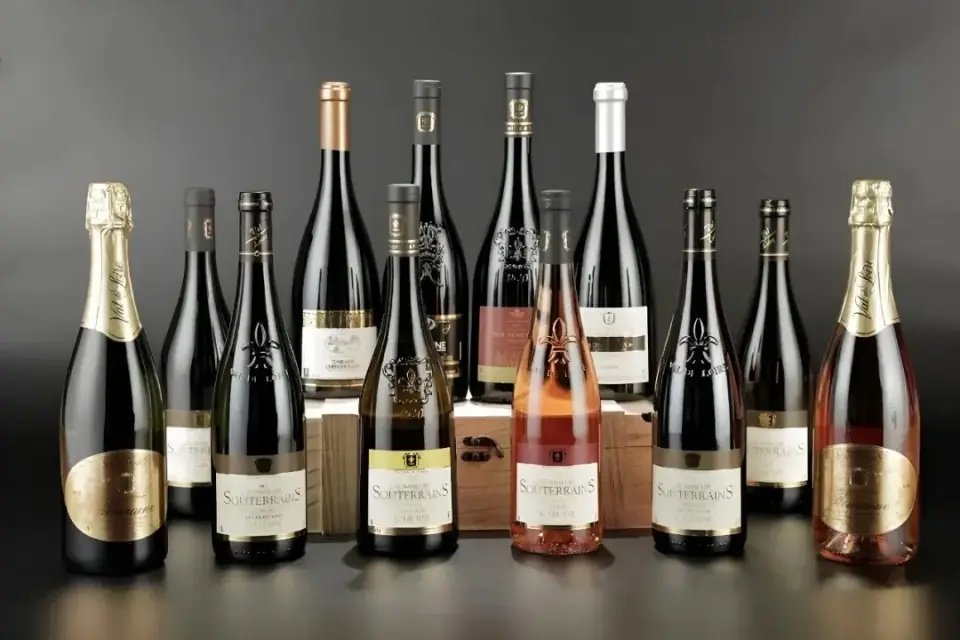
A bottle of high-quality wine, from grape growing to brewing and bottling, embodies countless meticulous efforts. However, improper storage can at best diminish its flavor, and at worst, deteriorate and become useless. How can you help your beloved wine age gracefully? Master these five key points and easily become a wine storage expert!
1. Temperature: Stability is king
Wine is most sensitive to extreme temperature fluctuations. The ideal storage temperature should be between 12-18°C (varies slightly between different wines). Excessively high temperatures accelerate oxidation, while excessively low temperatures inhibit aging potential. Avoid storing wine for extended periods in areas with large temperature fluctuations, such as the kitchen or balcony. If you don't have a dedicated wine cabinet at home, prioritize a cool, relatively stable storage room.
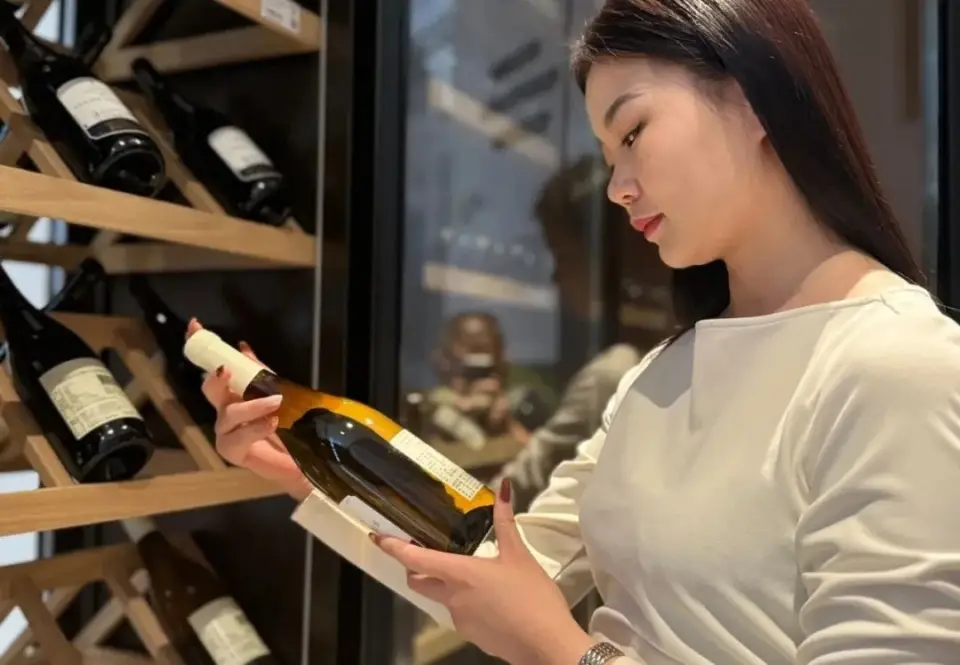
2. Humidity: Protecting the cork's lifeline
A humidity level of 60-80% is the cork's comfort zone. Low humidity can cause the cork to shrink, allowing air to enter the bottle and oxidize the wine. High humidity can also breed mold. In dry northern regions, place a bowl of water or a humidifier. In humid southern regions, ventilation is essential to prevent mold.
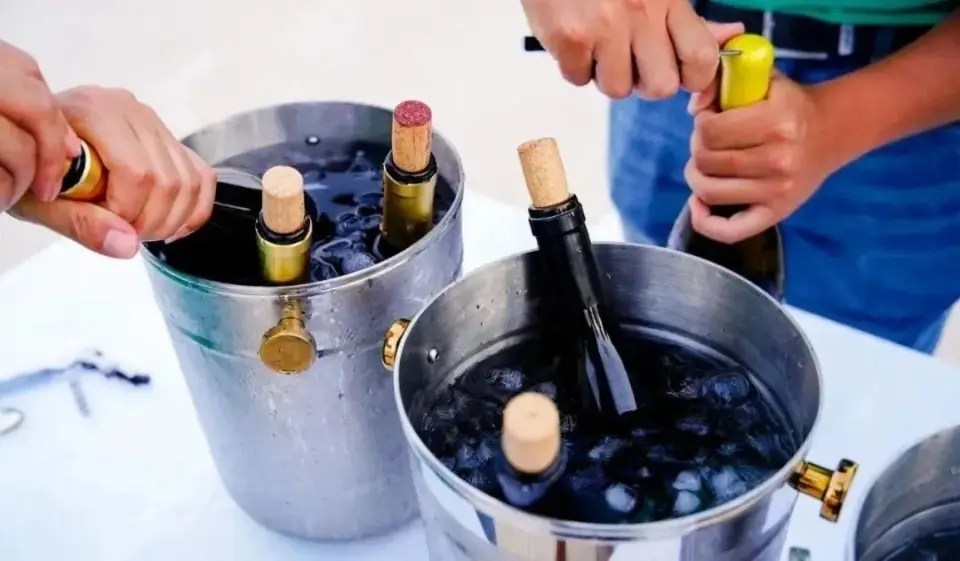
3. Avoid light: Ultraviolet rays are an invisible killer.
Ultraviolet rays in sunlight can break down phenols in wine, causing aroma loss and creating an unpleasant "cooked" flavor. While dark bottles can partially block light, prolonged exposure to strong light can still accelerate aging. It's recommended to store wine in a dark cabinet or choose opaque packaging.
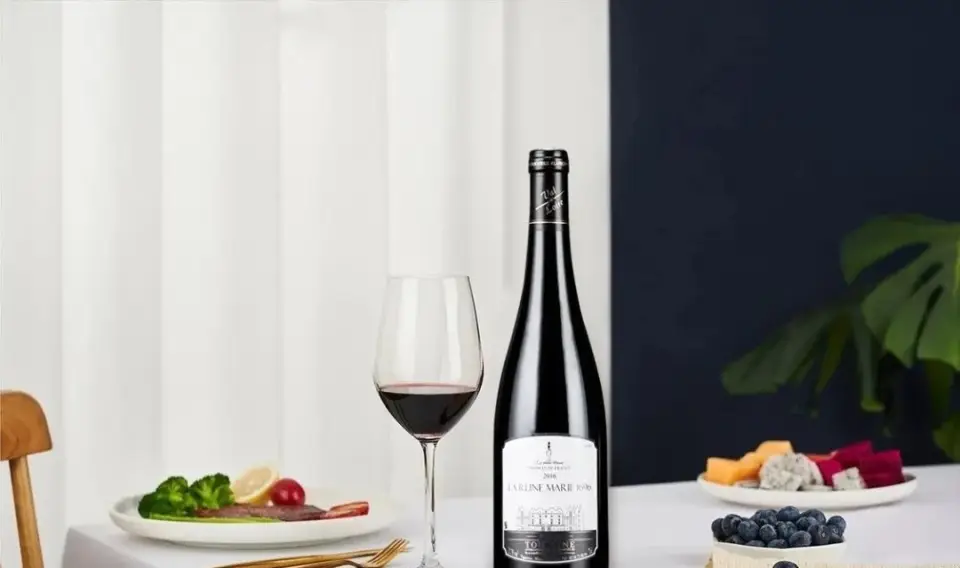
4. Avoid vibration: Allow wine to settle.
Frequent vibration can disturb the sediment in the wine, disrupting its molecular balance and affecting its taste. Avoid excessive vibration when storing wine for long periods.
5. Storage: Horizontal or vertical?
For corked wine, it's recommended to store it horizontally or at an angle, allowing the wine to contact the cork, keeping it moist and preventing cracking and air leakage. Wines with screw caps or glass stoppers can be stored vertically to save space.
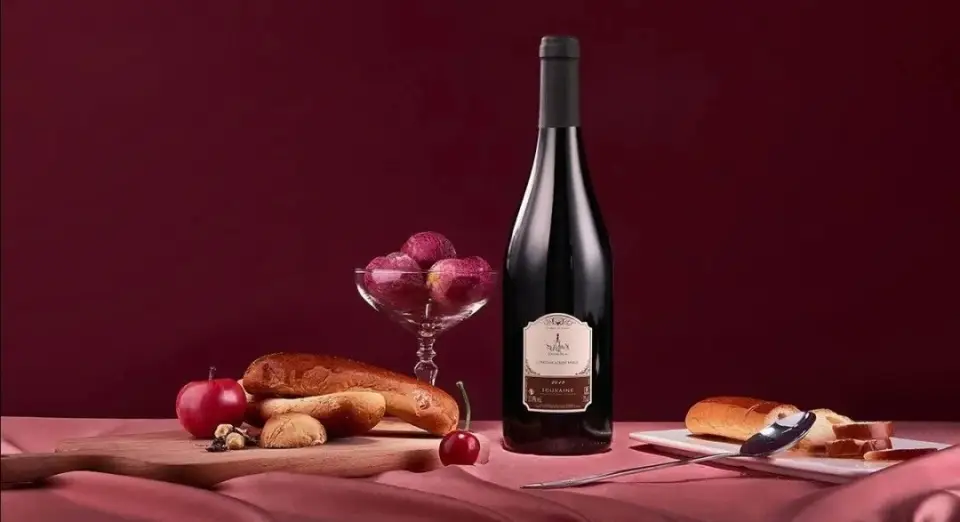
Wine is a living work of art. Only with careful care can its true beauty bloom. Collecting wine is not just about the wine itself, but also about the gift of time.

Tip: If you can't finish the bottle after opening, use a vacuum stopper to degas it and refrigerate it. However, after opening, it's recommended to consume the wine as soon as possible!